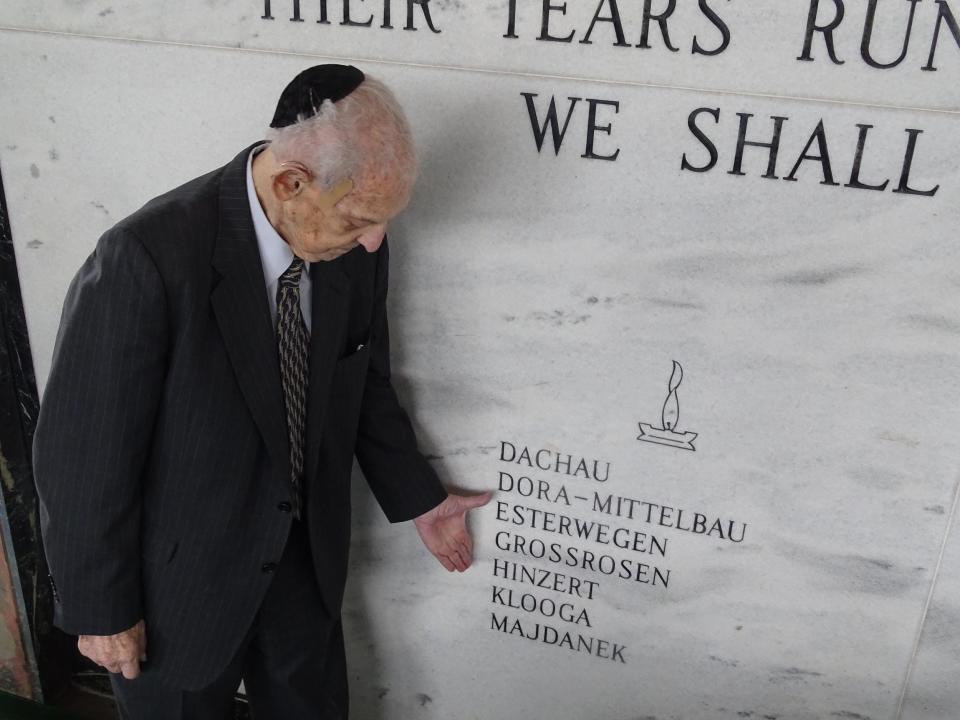Holocaust days are about present as much as past
Jan. 27 is International Holocaust Remembrance Day, yet recent surveys have shown that people’s knowledge of the Holocaust is minimal.
Some people trivialize the event in which nearly one-third of the Jewish population perished, while others deny its existence. The lack of awareness and acknowledgement is a worrisome trend. Antisemitism is at its highest level since World War II, with attacks on Jewish centers and synagogues, acts of assault, harassment, and violence on the upswing globally.
Even as we face dwindling numbers of aging survivors, the Holocaust remains a contemporary issue. It is a critical time for the lessons of the Holocaust, requiring the confrontation of a number of emotionally and intellectually difficult questions. In a world where prejudices are still manipulated and amplified and going unchallenged, discrimination must not be allowed to flourish. We cannot allow a people’s existence to be threatened ever again.
Ken Burns' Holocaust documentary: What the 1940s teach us about the 2020s
More on Holocaust: Ex-principal in Holocaust controversy would have to take college course on the genocide if he wants to teach again

Holocaust education belongs to everyone, from parents and religious institutions to Federations, Jewish Community Centers and schools. We are facing urgent challenges in how Holocaust remembrance. For example, did you know that there are three days designated to commemorate the Holocaust?
If you answered “yes,” can you name them and how they are significant?
If you answered, “no,” they are International Holocaust Remembrance Day (International Day in Memory of the Victims of the Holocaust) on Jan. 27, the anniversary of the liberation of Auschwitz-Birkenau; Israel’s Yom HaShoah Ve-Hagevurah (Day of the Remembrance of the Holocaust and Heroism), held since 1951, which recognizes the approximately 11 million people who perished and the heroism of survivors and rescuers; and the Jewish holiday of Tisha B’Av, a day of mourning for all Jewish tragedies, commemorating the destruction of the First and Second Temples, the Spanish Inquisition, the Holocaust and more.
As we approach Jan. 27, what can you do to “never forget,” to be an ally to the Jewish community and to demonstrate your allegiance to tolerance and an inclusive, safe society? Begin with actions of understanding. We invite you to take the simple steps of reading about history, lighting a candle and saying a prayer. Claim personal responsibility for understanding the magnitude of what needs to be acknowledged, so that we need not ever suffer this terrible lesson again.
This piece was co-authored by Matt Levin, President and CEO of the Jewish Federation of South Palm Beach County; Roneet Edrich, Director of March of the Living Southern Region USA at the Jewish Federation of South Palm Beach County; and Rabbi Josh Broide, Director of Community Engagement at the Jewish Federation of South Palm Beach County, Director of Boca Raton Jewish Experience and Outreach Rabbi of Boca Raton Synagogue.
This article originally appeared on Palm Beach Post: Holocaust Remembrance Day is as much about the future as the past

